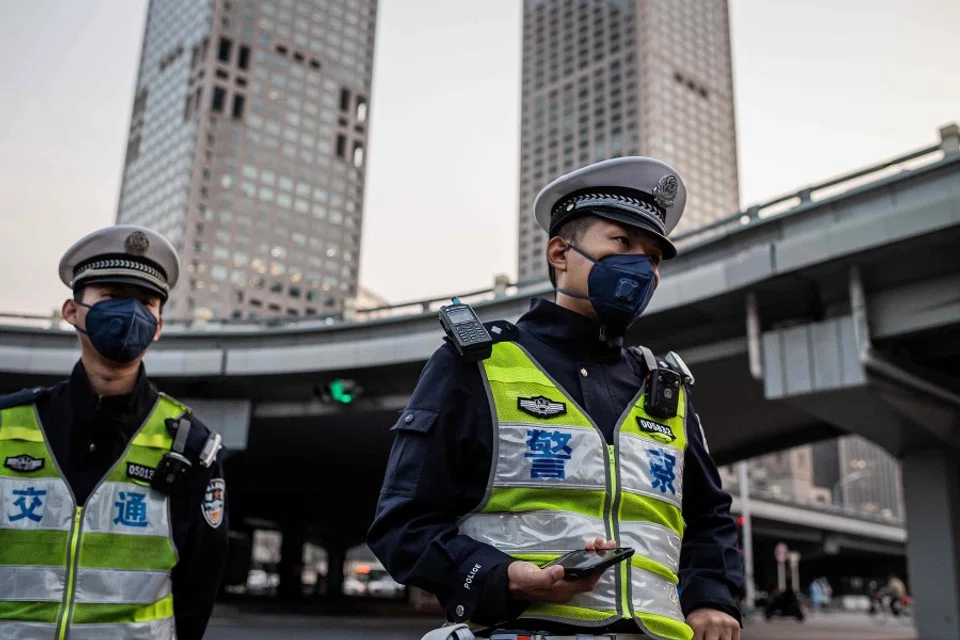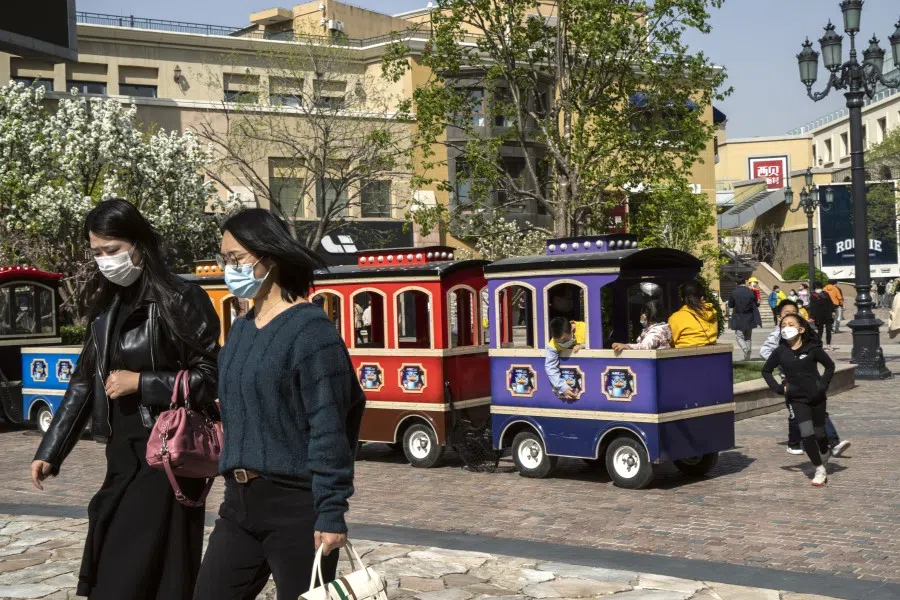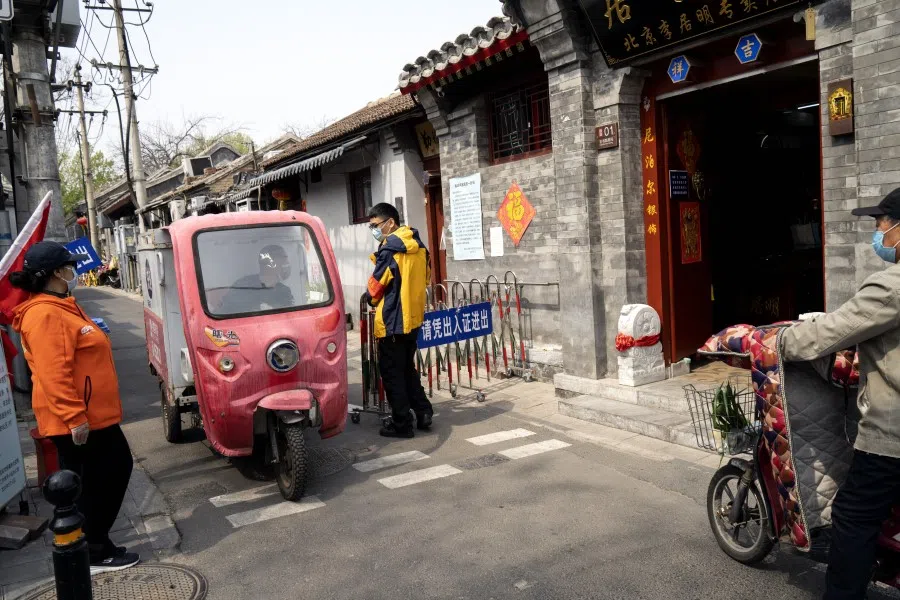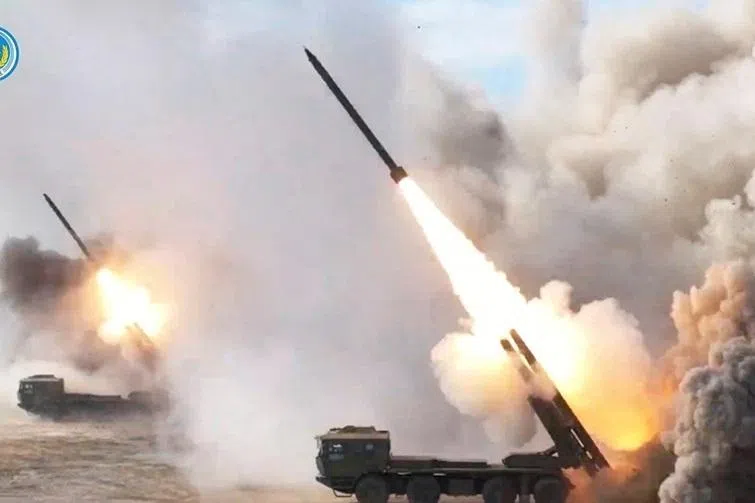Stability above all else: Beijing's control measures could stay for rest of year
Beijing's control measures against the coronavirus outbreak look set to be in place for some time, perhaps for the rest of the year. With stricter rules for people moving in and out of China's capital, residents and visitors will need to adjust to the new normal. Zaobao correspondent Chen Jing finds out how ordinary people are affected.

Last month, Wang Qing received a number of resignations from out-of-town employees at her wine mart in Sanlitun, Beijing. She told Zaobao that the young workers who resigned decided to stay in their hometowns as they were worried about getting quarantined if they came back to Beijing, and their parents did not want them to make such a long journey amid the pandemic.
Since the pandemic broke out, business at Wang's store has dropped by half, with only a third of the customers remaining, but she is still grateful that she can at least keep her store open. She said, "The nearby bars only reopened a few days ago, and nobody's coming. And now that Beijing will be under long-term control measures, I really don't know how things will be like in the future."
...economic interests are secondary to the safety and stability of this political centre.
Even after lifting Wuhan's lockdown, Beijing has not loosened its control measures. On 5 April, Xu Hejian, deputy director of the Propaganda Department of the Beijing Municipal Committee of the Communist Party of China, said this status may last for some time, which means people moving in and out of Beijing and those who live there will face stricter controls as the new normal.

Professor Tang Renwu, head of the School of Government at Beijing Normal University, predicts that Beijing will be under control measures for the rest of the year, which would be "destructive" for tourism, culture and sports, retail, and events, but economic interests are secondary to the safety and stability of this political centre.
Prof Tang said that China is now on guard against a second wave of the outbreak brought on by imported cases and asymptomatic carriers, and Beijing will not relax its controls. He said, "As the first country in the world to control the outbreak on a large scale, if China cannot guarantee Beijing's safety, its negative global impact might be greater than the economic losses of strict controls."
Beijing government might take this opportunity to control the internal migrants and transform low-level industries to solve its longstanding "big-city problems".
As of 7 April, Beijing has reported a total of 172 imported cases. There is mandatory centralised quarantine and testing for everyone entering Beijing from outside the country, and a 14-day home quarantine to be served for those returning to Beijing from within China. Tourist spots such as Shichahai and Nanluoguxiang remain closed, except to residents with passes.

Prof Tang added that the Beijing government might take this opportunity to control the internal migrants and transform low-level industries to solve its longstanding "big-city problems". He said, "In the past few years, some of Beijing's moves have been criticised as 'cleaning up the low-end population (socially vulnerable groups)', and have sparked strong backlash. With control measures in place, the threshold for entering Beijing will be raised, which might indirectly help the government control the population and upgrade industries."
However, the companies we interviewed expressed worries that long-term controls will not only bring down small businesses, but also affect big companies, and will weaken Beijing's economic vitality.
The manager of a chain store selling daily necessities told us that while sales in Hubei and Xinjiang have recovered after the outbreak came under control, sales in Beijing remain low. Only a third of its stores in Beijing have resumed normal operating hours, and many branches have to close at 6pm. If this continues, all the branches will have to close.
This interviewee who requested for anonymity felt that Beijing's "one size fits all" approach is doing more harm than good, and that there should be differentiated zones according to risk, as seen in other provinces, for more targeted management. The interviewee suggested that Beijing could allow deliverymen with green "health codes" to go into low-risk areas. "That will make spending more convenient for consumers and help boost our sales," he said.



![[Big read] When the Arctic opens, what happens to Singapore?](https://cassette.sphdigital.com.sg/image/thinkchina/da65edebca34645c711c55e83e9877109b3c53847ebb1305573974651df1d13a)

